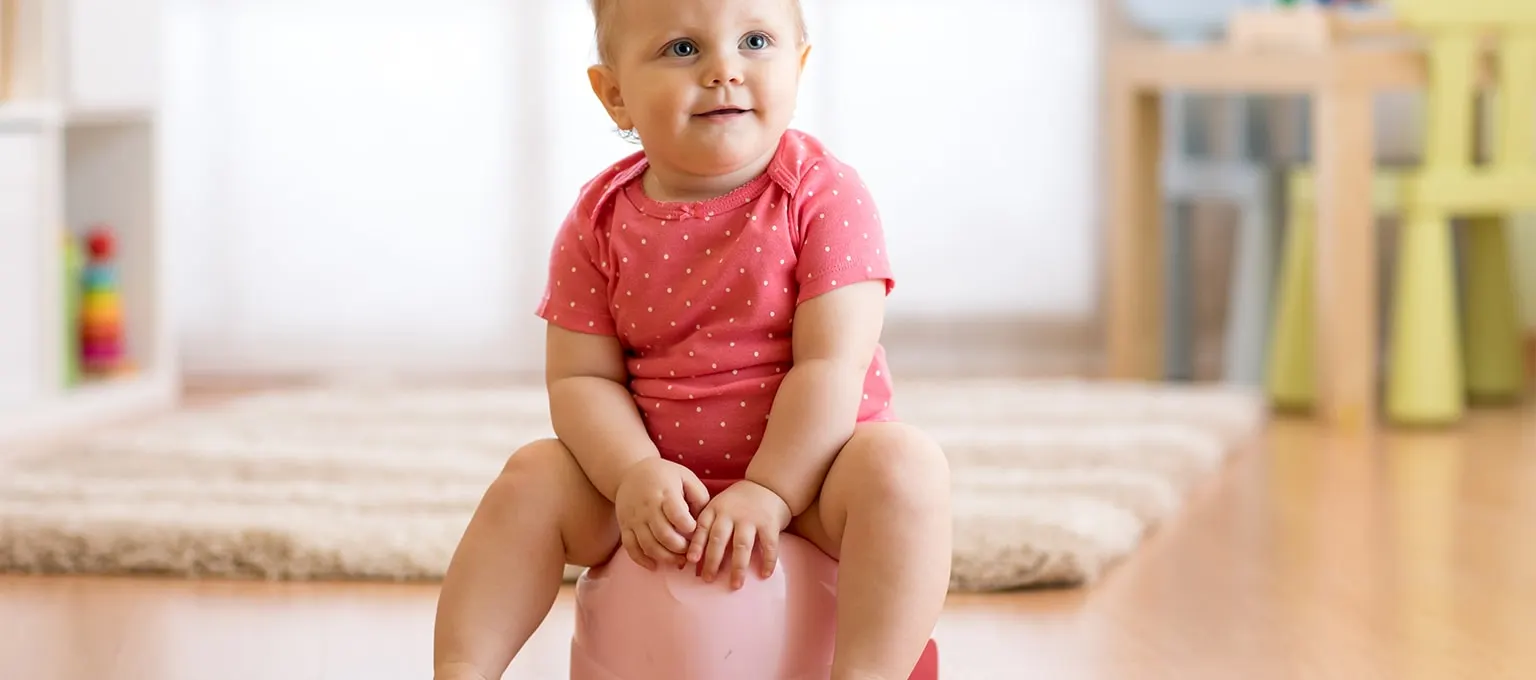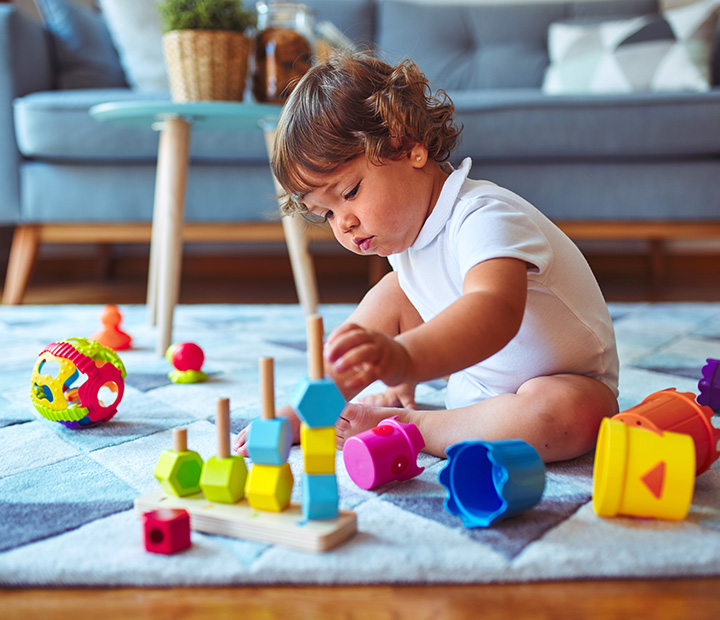23 Potty Training Tips for Boys and Girls
As your baby grows into a toddler and beyond, there are so many ways they become more and more independent. You’ll love seeing all of these exciting milestones come and go, but one in particular might require a fair bit of your attention. That’s when your child goes from diapers to being fully potty trained.
Potty Training Tips
Potty training is a complex process, and it can be tricky to know what the best approach is because every child learns differently, boys may learn differently from girls, and there is no one best way to teach the necessary skills. To help you in your little one’s new adventure, we’ve compiled a list of tips to help your toddler get the hang of potty training:
Make sure your child is ready. Try not to rush the process and start potty training too early, before your little one is actually capable of achieving success. Look for the signs of readiness in your child before starting potty training.
Get your child involved in choosing the potty. If possible, go shopping for the potty chair or seat together with your child. It will make them feel more included and more excited about using a new potty.
Buy big-kid underwear as a sign of encouragement. Purchase fun underwear, like ones with a favorite cartoon character or superhero graphic. Explain to your child that once they learn how to use the potty, they can wear this fun big kid underwear. You can also let them wear this underwear as a treat while potty training, too. Just be prepared for some potty accidents.



The Bottom Line
We hope that these tips can help you and your child during potty training. Don’t lose hope if it isn’t happening as seamlessly as you’d like. With one of these techniques, or perhaps with another technique you’ve found works for you, your little one will eventually get the hang of it. Download the Pampers Club app so that you can earn rewards for every diaper you’ll be using during potty training. You deserve it!
How We Wrote This Article The information in this article is based on the expert advice found in trusted medical and government sources, such as the American Academy of Pediatrics and the American College of Obstetricians and Gynecologists. You can find a full list of sources used for this article below. The content on this page should not replace professional medical advice. Always consult medical professionals for full diagnosis and treatment.
Read more about Toddler
Join a World of Support
through Pregnancy and Parenthood.
TRACK WITH TOOLS
LEARN WITH EXPERTS
GET REWARDED












